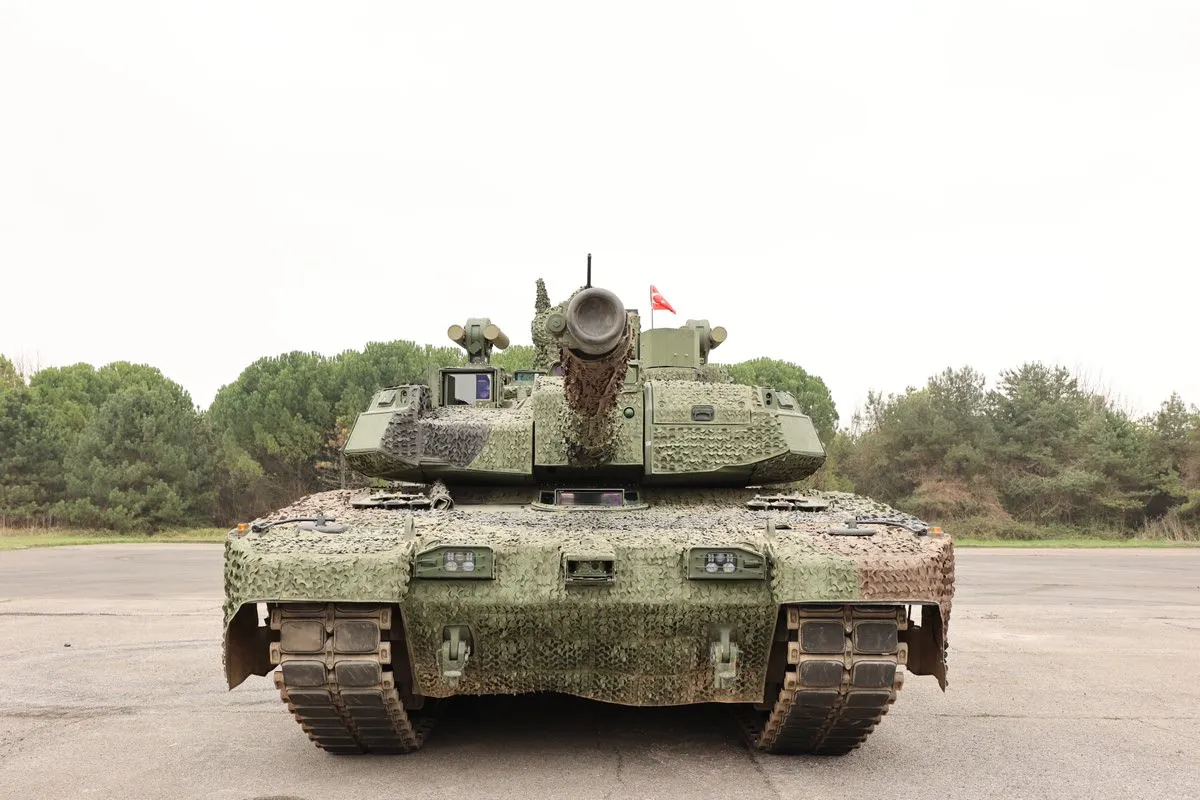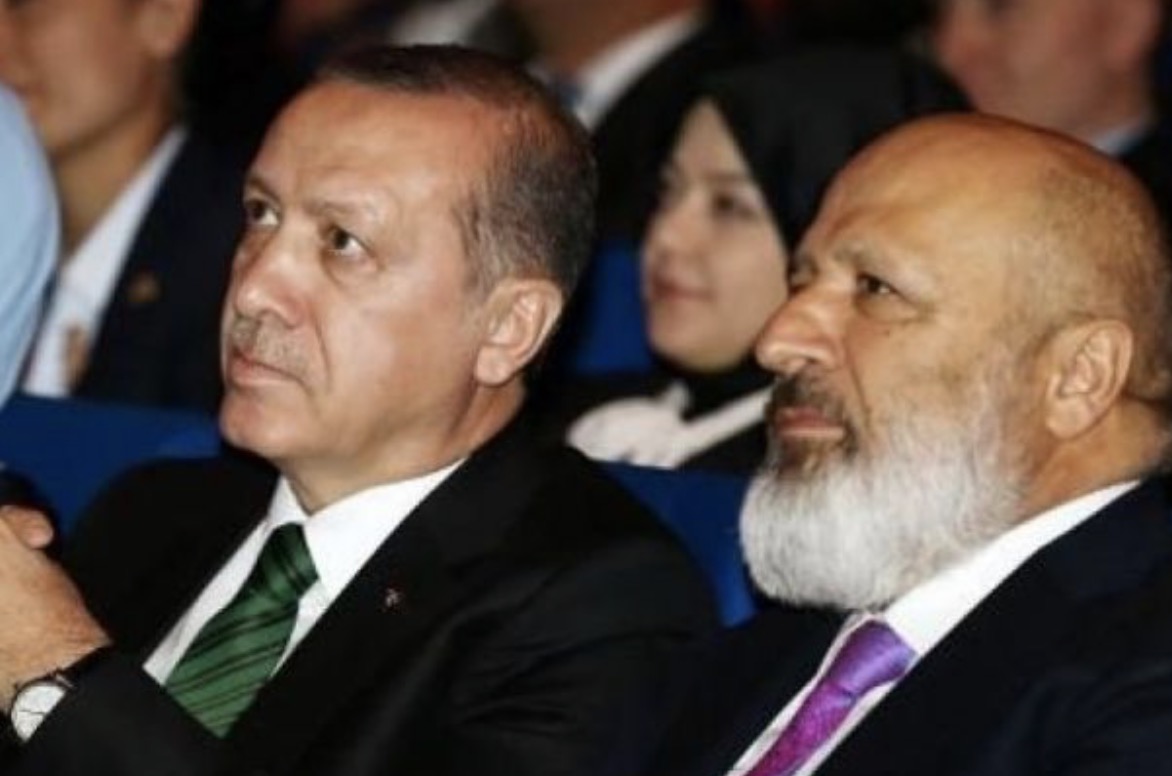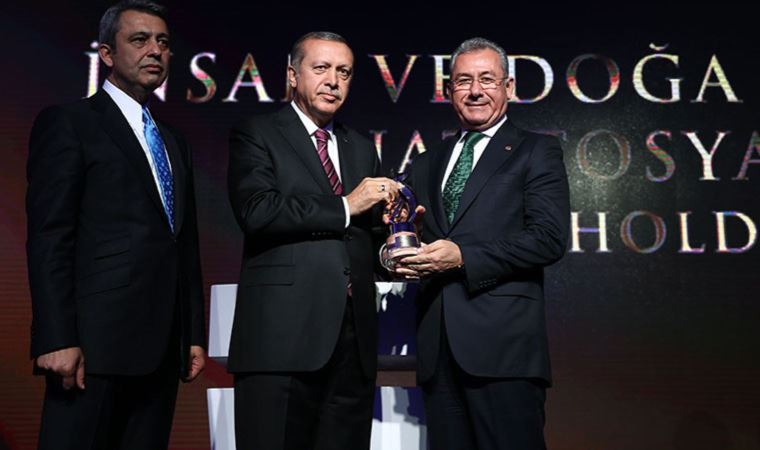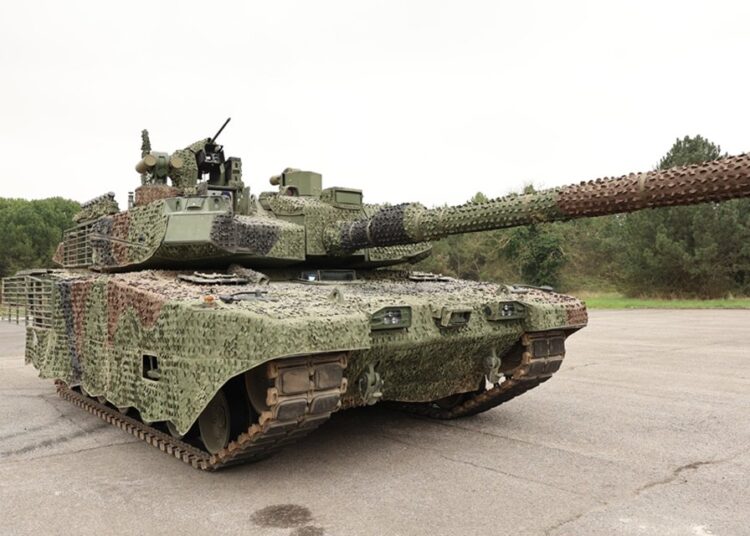Levent Kenez/Stockholm
Ahead of the most critical elections in President Recep Tayyip Erdoğan’s political career on May 14, ambitious projects of the Turkish defense industry are one of his top promises to voters. Domestically produced aircraft and tanks along with military drones are among the products that will be presented as an indicator of how strong Turkey has become in the last 20 years. The presidency has already distributed pictures of the indigenous fighter jet that completed taxiing tests last week. It also announced that two domestically produced Altay tanks will be delivered to the Turkish Armed Forces (TSK) on April 23, National Sovereignty and Children’s Day. However, the information not shared with the public is that the tanks are merely prototypes for the TSK’s tests, equipped with Korean engines, and that the factory that will produce the tank has not yet been built.
Last week BMC, the main contractor for the national tank project, gave journalists a tour of its facilities in Sakarya, where the prototypes are produced, briefing them on how the project will proceed.

According to BMC, long-running problems with the tank’s engine and transmission were finally resolved with an agreement with Korean engine manufacturer Hyundai Doosan Infracore and SNT Dynamics , which produces the automatic transmissions required by the tank. Company officials told journalists that the adaptation of the new engine and transmission to the tank has been successfully completed with changes made in the design.
It was no secret that there were serious delays in the project due to the German government’s undeclared embargo in reaction to Turkey’s military interventions in Syria in recent years. While the Turkish government engaged in intense diplomacy to persuade the Germans, negotiations were started with Korean companies as an alternative. Turkish Defense Minister Hulusi Akar argued that the best solution for the project was to use German technology following a 2021 meeting in Berlin with German Defense Minister Annegret Kramp Karrenbauer. “The Altay was developed based on a German engine. Finding an alternate engine from another country and integrating it into the tank is no simple matter. The design of the tank needs to be changed. Therefore, the most appropriate solution would be the procurement of the German power system.”
However, when the Germans could not be persuaded to lift the engine embargo despite all of Erdoğan’s attempts, the Korean alternative remained the only viable option. Experts previously told Nordic Monitor that even South Korea prefers the German engine that was previously used in early Altay prototypes in its domestic tanks.
The TSK is expected to complete its tests in 2024. Then in 2025, mass production will begin. Starting from the second half of 2026, mass production is planned to continue with the domestically produced BATU engine , a 1,500 horsepower diesel unit.
Akar told lawmakers in 2022 that the tank project was delayed due to embargoes imposed by foreign countries.
President Erdoğan has announced several times that mass production of the Altay tank would begin shortly, pointing to various dates. Visiting the BMC factory on July 2, 2021, Erdoğan said he talked to the software engineers and received a promise from them that production could start in 2023. However, according to highlights of the visit shared by BMC, the best guess is that mass production is planned to start in 2025, meaning the 16-year project has been extended for yet two more years.
Another point made during the briefing for the press is that the tank factory to be built in Ankara, where mass production will take place, is scheduled for completion in 2024.
In 2019 approximately 2,200 acres of land, located near seaports in Sakarya, was given to BMC as a grant for 49 years with the guarantee that 10,000 people would be employed. The company cites the clustering of Turkey’s defense industry production around Ankara as the reason for the factory’s relocation. The opposition claims that the land in Sakarya is valuable and that the company plans to profit from the land itself, contrary to specifications laid out in the tender.
The facility in Ankara is expected to have an annual production capacity of 100 tanks. It is planned that 25 to 30 of the tanks will be produced for export.

So far, five Altay tank prototypes have been produced at the facility in Sakarya including one that passed firing tests. Since several software systems were changed and additional capabilities were added, the tank is called the New Altay.
After the 2018 signing of the Altay project with BMC, which had been taken over by a Turkish-Qatari joint venture in 2014, the government was accused by opposition groups of favoring owners Ethem Sancak, Erdoğan’s close friend, and the Öztürk family, distant relatives of President Erdoğan, as well as Qatar. According to the Altay deal in 2018, the first tank was expected to roll off the assembly line within 18 months and be delivered to the Turkish Land Forces by BMC. The contract included mass production and life-cycle logistical support for 250 units.

A full 49.9 percent of BMC’s shares belong to Qatar, while Sancak owns 25 percent and the Öztürk family holds 25.1 percent. In 2021 Sancak and the Öztürk family sold their shares to Fuat Tosyalı, another businessman close to Erdoğan.
Turkish President Erdoğan in 2016 declined an offer from a private company that had already produced a prototype and was ready for mass production.












